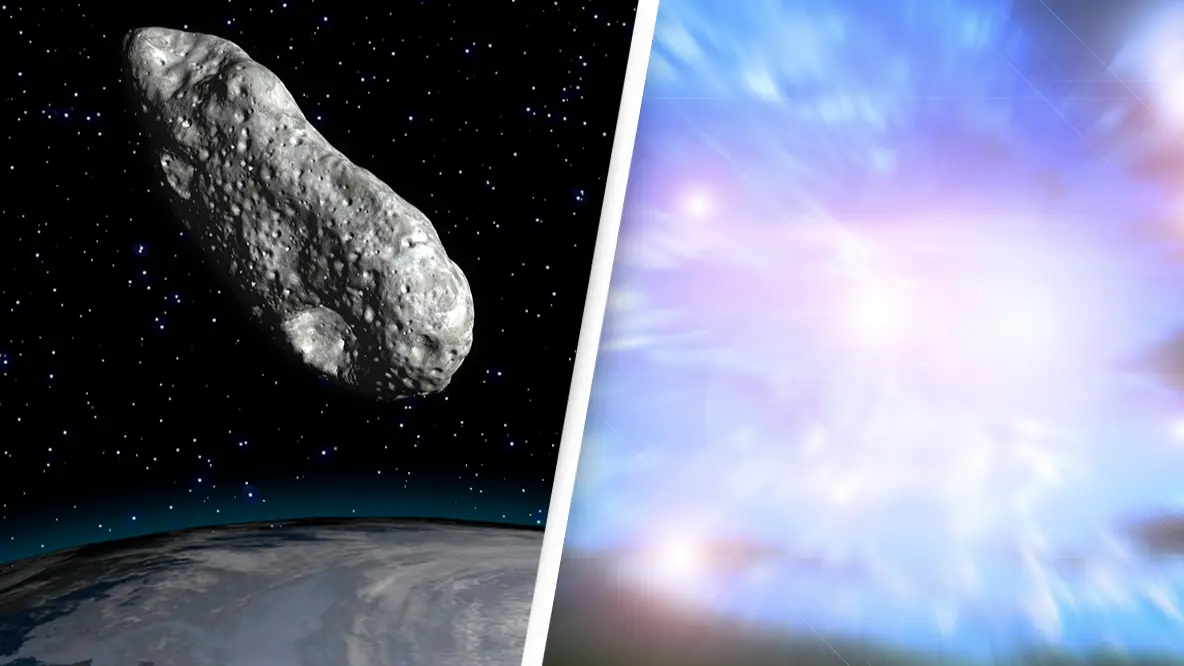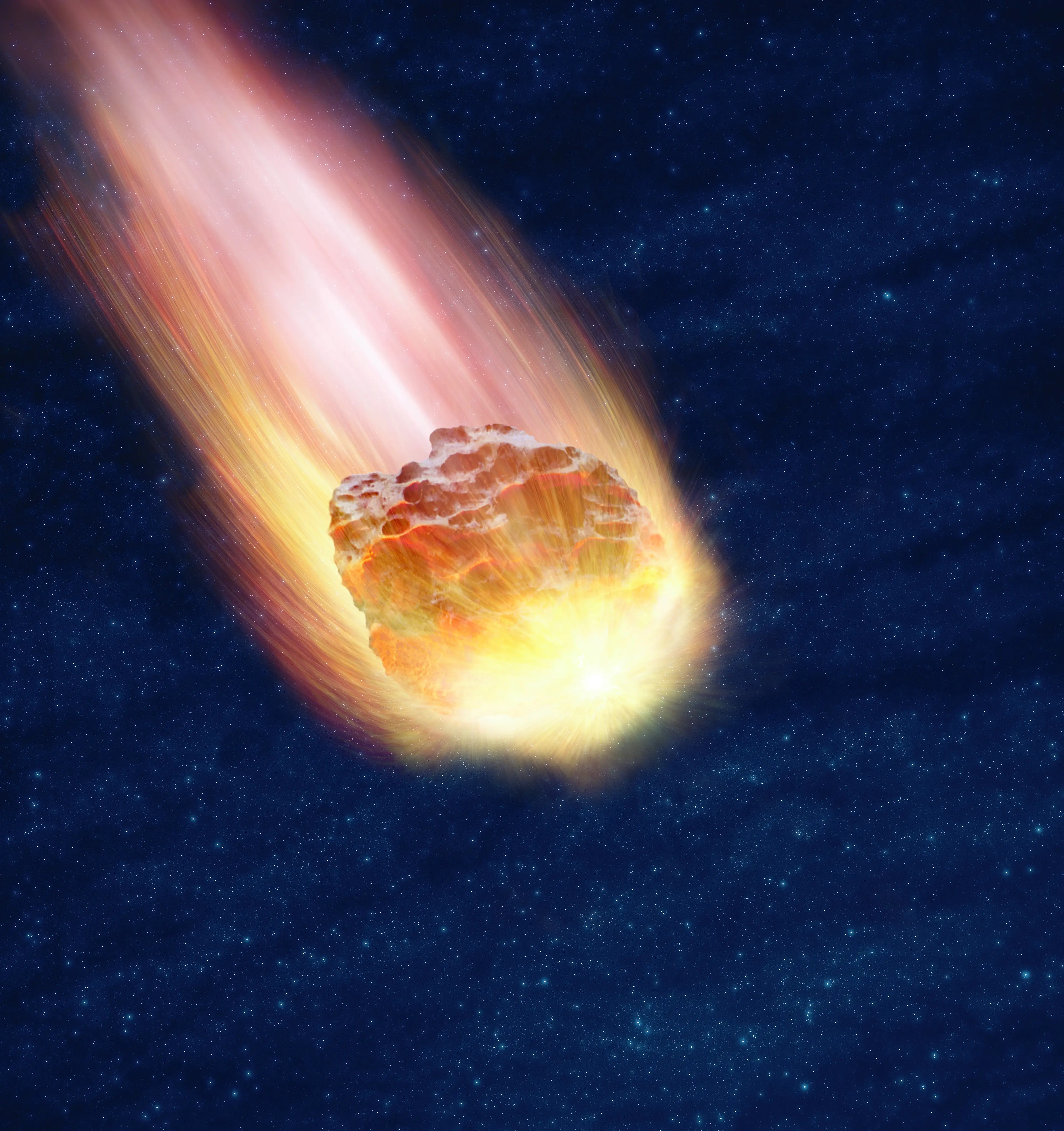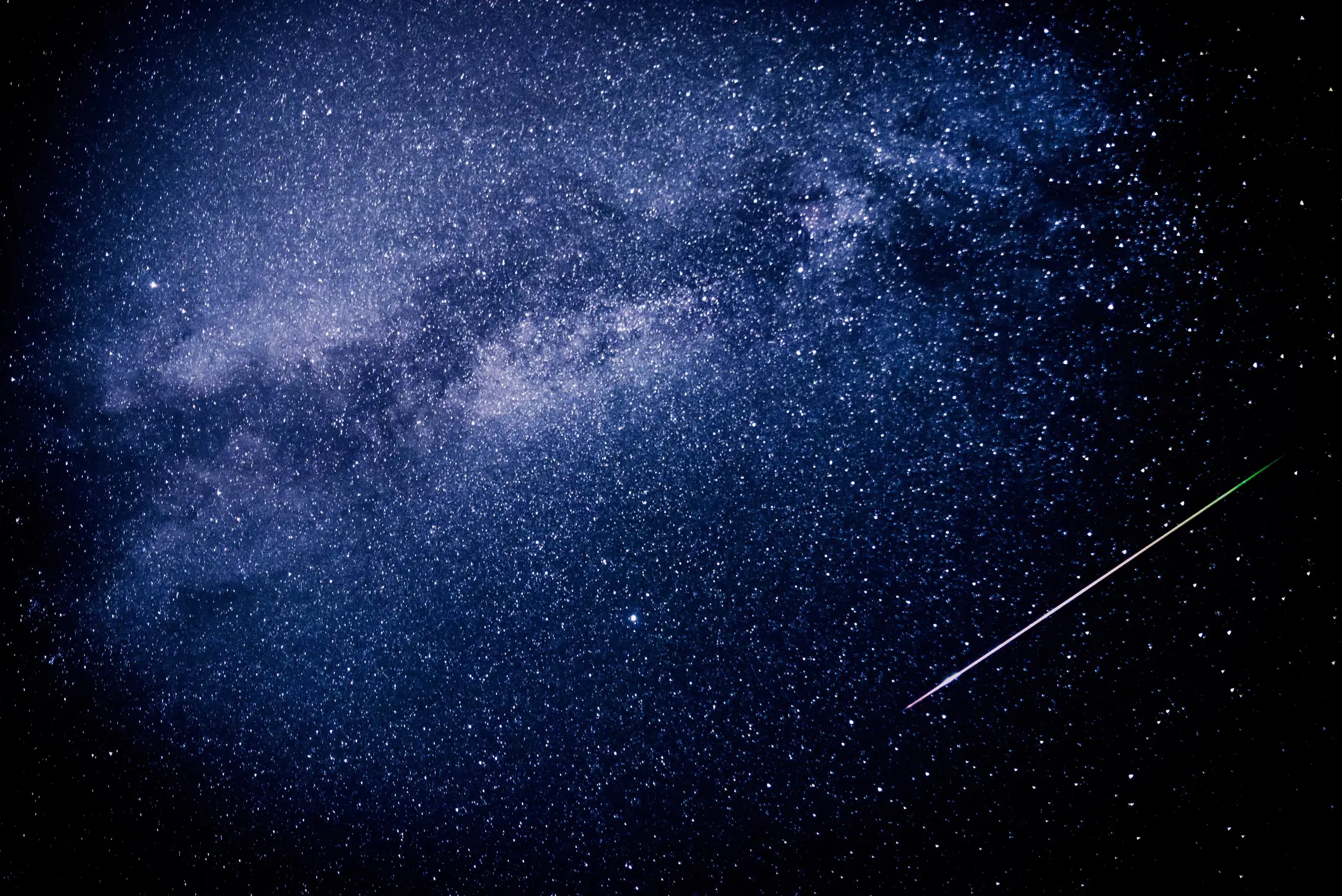
In the last decade, we've been pretty spoiled for witnessing stunning cosmic events.
We've seen an incredibly rare total solar eclipse and the sun approaching its peak activity, which in turn has created picturesque auroras on Earth.
But shortly, we'll get to witness something that trumps all that, as it's one of the rarest space events that the world will ever see.
A visit from asteroid 99942 Apophis is on the horizon in the coming years, but why is it so special?
Advert
Well, When Apophis was first discovered in 2004, observations placed it at level two on the Torino impact hazard scale.

While level 2 means that the risk level for causing destruction on Earth is low, further observations done last December have placed it up to level four due to a 1.6 per cent chance that the asteroid would hit us in 2029.
So what exactly does level four mean in terms of the threat posed to us? Well, NASA explains: "A close encounter, meriting attention by astronomers. Current calculations give a 1 percent or greater chance of collision capable of regional devastation. Most likely, new telescopic observations will lead to re-assignment to Level 0. Attention by public and by public officials is merited if the encounter is less than a decade away."
No object has ever gone near level four, so the asteroid is providing some worry for the folks at NASA.
Apophis will not collide with Earth in 2029, as well as in 2036 and 2068, though observations have concluded they'll still be some close encounters.
Davide Farnocchia of NASA’s Center for Near-Earth Object Studies said of the asteroid: "A 2068 impact is not in the realm of possibility anymore and our calculations don’t show any impact risk for at least the next 100 years."

While, thankfully, there will be no direct hit in 2029, the asteroid will be getting very close to us on Earth.
Apophis will be coming within 32,000 kilometres of the Earth's surface, closer to our planet than some of our satellites.
The asteroid should be visible from the Eastern Hemisphere without the need for a telescope or binoculars.
And the European Space Agency (ESA) has dubbed its flyby "one of the rarest space events of our lives."
ESA explained in an X post: "The 2029 flyby is an incredibly rare event. By comparing impact craters across the Solar System with the sizes and orbits of all known asteroids, scientists believe that an asteroid as large as Apophis only comes this close to Earth once every 5,000 to 10,000 years."
